It starts with a rotary parlor and a thousand cows. Before the sun comes up in Mandan, North Dakota, Dawson Holle is managing crews, driving the semi to pick up corn or straw, and fielding legislative calls from the Capitol.
He’s 21. He’s the youngest elected lawmaker in state history. And this year, he overturned decades of dairy regulation to legalize on-farm raw milk across North Dakota.
“I mean, I could go buy sushi. I could go buy a steak that’s medium rare. I could go buy lettuce that I’m going to consume raw. But I can’t go to my local farmer and buy milk?”
That’s not a campaign line. That’s a farmer speaking through exhaustion and conviction—after grinding through early-morning feed schedules, zero-dollar lobbying, and a Republican supermajority that wasn’t quite ready to take on the FDA playbook.
He did it anyway.

The Dairy That Made the Lawmaker
Holle wasn’t supposed to win in 2022. He ran at 18 years old against a ten-year incumbent. But behind him stood a thousand-cow family operation hemorrhaging viability. North Dakota was losing two dairies a year. Of the few that remained, most were either selling out or consolidating. The cultural knowledge of raw milk—let alone the economic lifeline it could offer—was slipping away.
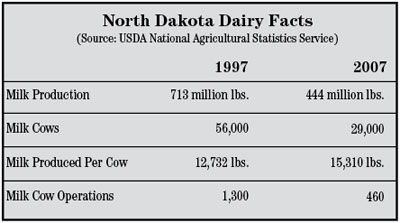
“We had people doing herdshares, where they’d sell someone a portion of the cow so they could ‘own’ the milk. It was convoluted. It wasn’t scalable.”
So Holle drafted House Bill 1515 (2023). It was a short bill, just two pages. It stripped away the herdshare games and gave farmers legal clarity to sell raw milk directly from the farm to consumers.
The opposition came hard. State health officials warned about E. coli. National food safety groups began sniffing around. But Holle came armed with history: North Dakota reported very few raw-milk illnesses—only a handful over decades—and state officials confirm nearly all were tied to poor handling, not legal farm sales.
More importantly, he grounded the bill in the most unassailable of principles: voluntary choice.
“Nobody’s grabbing this off a grocery store shelf by accident. You have to drive to a farm. You’re having a conversation with a farmer. You’re making that decision.”
The bill passed 83–10 in the House and 45–0 in the Senate. It was signed into law in April 2023.
The Cream Clause
There was just one problem: while raw milk was now legal to sell on-farm, raw cream, butter, and kefir were not. The bureaucratic logic? If it was processed at all—even by skimming—the law didn’t apply.
So Holle came back with House Bill 1131. He didn’t make it a crusade. He made it a clarification. Cream is milk. Butter is food. And kefir, with its long fermentation history, posed no new danger.
Once again, the Legislature agreed: passed 82–9 in the House, unanimous in the Senate. The expanded law took effect in June 2025.
“The margins on raw milk are better. The consumers are loyal. This isn’t a threat to the industry. It’s a rebirth.”
That wasn’t posturing. Holle still helps manage the cows. He still rotates logistics and drives the semi. And when a constituent calls about food sovereignty or school lunch reform, he picks up—sometimes while hauling supplies across county lines.
A Political Movement Without a Logo
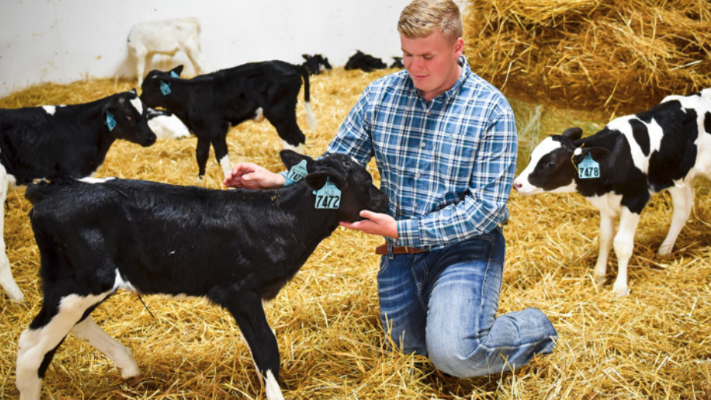
What makes Holle different isn’t just his age. It’s that he’s not trying to sell ideology. There’s no “Raw Milk Freedom Caucus” or bumper sticker farm populism.
Instead, he builds coalitions in the background. Every Democrat in the House voted for the raw milk expansion. The state health department signed off once labeling and traceability were added. Even Holle’s grandfather—a longtime industry voice—didn’t oppose it.
“He told me, ‘I can’t oppose you, kid. But I have to represent the organization.’”
That organization? A large dairy lobbying group.
The fight didn’t escalate. It diffused. Because Holle didn’t play the media game—he played the legal architecture. He rewrote definitions, clarified rights, and made it nearly impossible for opponents to fearmonger without sounding absurd.
Where the Milk Flows Next
Raw milk was only the beginning. Holle now chairs the North Dakota Tribal-State Relations Committee. He’s already drafting a bill that would require state-funded school lunches to source ingredients from within North Dakota. That means beef, butter, potatoes, wheat, and yes—milk.
He’s also pushing for whole milk in schools, something the federal government has long discouraged in favor of skim and synthetic substitutes. But in Holle’s world, real food wins.
“This is just another avenue… You don’t have to be an 800‑cow facility like myself. You can be a 20‑ to 50‑cow dairy or goat farm… and you can be sustainable for yourself.”
He’s not blowing up the system. He’s cracking the door open for others.
The Quiet Blueprint
In a year of federal overreach, food inflation, and endless “public health” redefinitions, North Dakota didn’t wait for permission. It passed raw milk laws rooted in common sense. It expanded them. It did it with no media circus, no culture war headlines, and almost no opposition once the facts were made plain.
That’s the Holle model:
Don’t yell. Rewrite.
Don’t posture. Produce.
Don’t beg. Build.
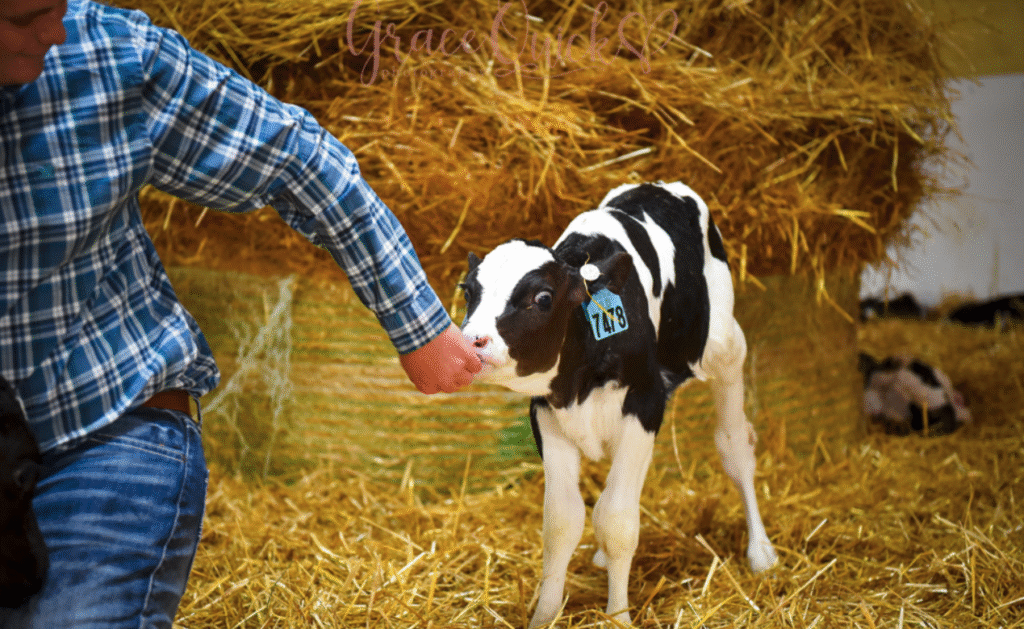
“Every time a farm wins, a town wins.”
That’s not campaign rhetoric. That’s the sound of a young man who still smells like the parlor when he shows up in committee.
This isn’t a trend. It’s a return. And the milk hasn’t even finished pouring yet.
Looking for real raw milk near you? Start with RealMilk.com, the consumer-powered directory endorsed by farmers like Dawson Holle to help reconnect eaters to local, legal sources of unpasteurized dairy.


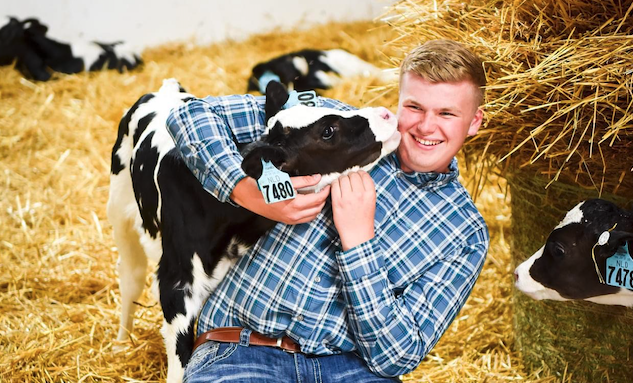
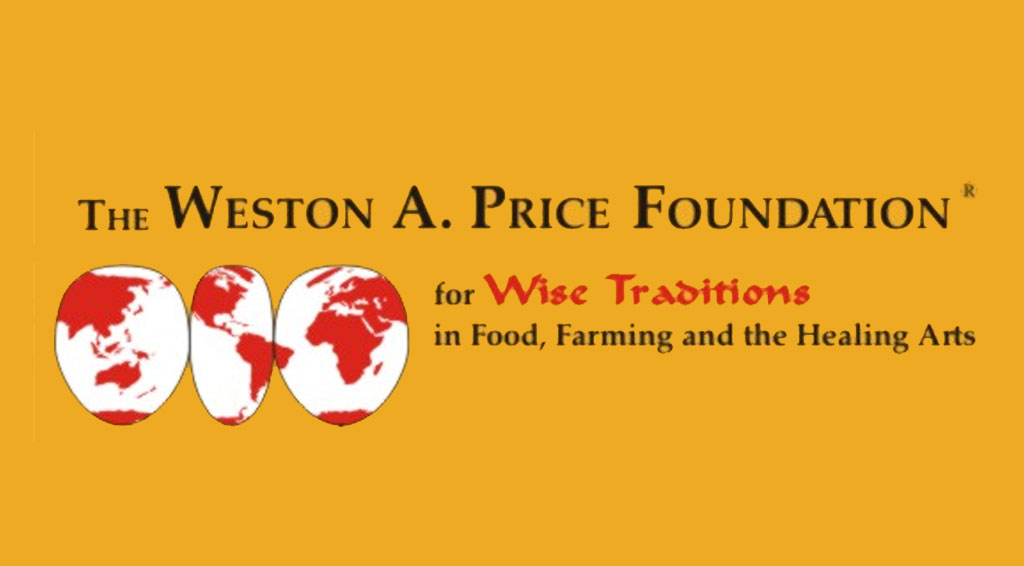

0 Comments